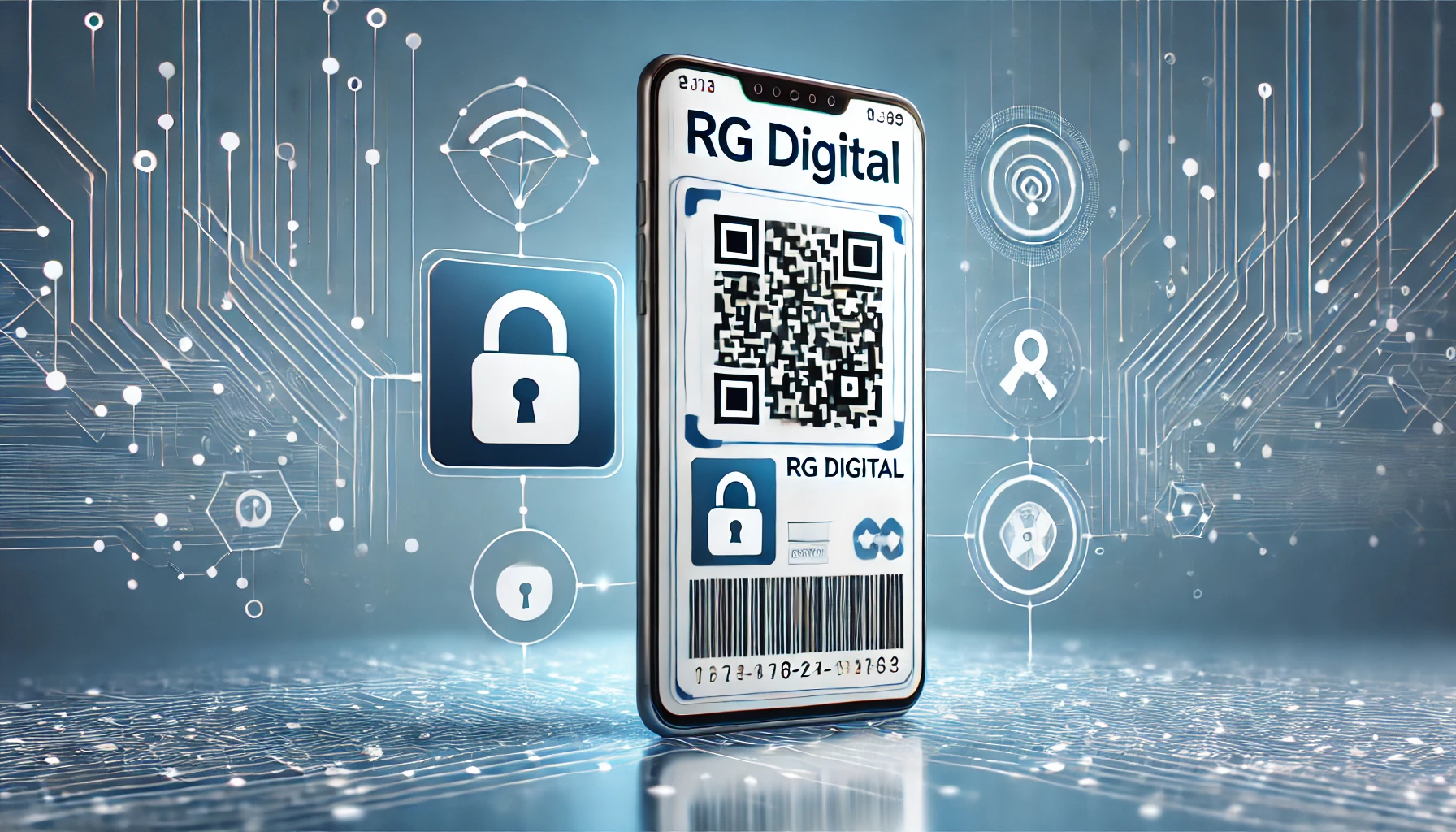Advertising
The Receivables Program, launched by the Central Bank of Brazil, was created as an initiative to facilitate the return of funds forgotten by financial institutions, such as banks and credit unions. These amounts can come from old accounts, undue fees, or even unredeemed funds from savings and investments.
The program's main objective is to return these resources to citizens and companies, allowing for a simple consultation and withdrawal process.
This initiative has been widely praised, especially for its practical and accessible interface. In just a few steps, anyone can check if they have forgotten money at participating financial institutions. In addition to bringing transparency to the banking sector, the program aims to foster financial education in the country, encouraging Brazilians to keep their finances organized and to be aware of their rights.
The Central Bank has made every effort to guarantee security in the process of consulting and redeeming receivables, using protected and authenticated online platforms. In this way, citizens can rest assured that their data and valuables are safe, without the need for intermediaries or complicated bureaucratic processes.
How the Receivables System Works in Brazil
The operation of the receivables system is quite simple and has been designed to be as accessible as possible. The first step for any citizen is to access the Central Bank's official website and make an inquiry using their CPF (or CNPJ, in the case of companies) and date of birth. After the initial check, the system will tell you whether or not there is any money available for redemption.
If the individual has amounts to receive, they must follow the instructions provided by the system. Depending on the financial institution, the redemption can be made directly through the website, via bank transfer, or it may be necessary to contact the institution directly to withdraw the amount. The system also allows users to schedule an appointment to receive detailed instructions on how to proceed.
It is important to note that the Central Bank does not directly pay out these amounts; it only centralizes the information. The redemption of the amounts receivable is done directly by the financial institutions where the money was originally deposited or registered. This operating model guarantees greater transparency and efficiency in the process, while encouraging citizens to settle their financial debts with banks and other entities.
Who Is Entitled to Receivables from the Central Bank
Many people wonder who is entitled to receive money from the Central Bank. The answer is simple: any citizen or company that, at some point, had financial relations with banks or credit institutions in Brazil may have forgotten or unclaimed money that falls under the program. This includes old accounts that have been closed, salary accounts that have not had their balance redeemed, inactive savings accounts and even fees that have been charged unduly.
In addition to current and savings accounts, the amounts receivable may be associated with investments that have not been liquidated, such as CDBs and bonds, as well as funds from closed consortia that have not been properly withdrawn by the participants. It is also possible that financial institutions have charged undue fees or charges, the amount of which, after correction, may be available for redemption.
The heirs of deceased persons also have the right to consult and retrieve amounts receivable from loved ones who have passed away. In this case, the process may require the presentation of additional documents proving the heir relationship and the release of the amounts may take longer, as it involves judicial or administrative proceedings.
Step by Step to Consult Receivables at the Central Bank of Brazil
Consulting receivables at the Central Bank is a simple process and accessible to anyone with an internet connection. The first step is to access the program's website at the specific address created by the Central Bank. On the portal, the user must enter their CPF or CNPJ, along with their date of birth. The system will then inform you if there is any money available.
If there are amounts receivable, the system will indicate the financial institution that holds the amount and the next steps for redemption. Depending on the institution, the redemption can be made digitally, by transfer to a bank account held by the user, or it may be necessary to schedule a face-to-face appointment.
One of the great advantages of the program is its simplicity and security. The Central Bank has implemented robust cybersecurity measures to protect user data, ensuring that only the holder or a duly authorized legal representative can access and withdraw the amounts receivable. For company queries, the process is similar, requiring the CNPJ and company information to access the amounts due.
Importance of the Receivables Program for Citizens
The Receivables Program plays a significant role in the financial lives of many Brazilians. As well as providing an opportunity to recover forgotten valuables, the program has helped thousands of people reorganize their finances and become aware of assets that have been out of their control for many years.
For citizens, the redemption of these amounts, although in many cases not a significant sum, can be a financial relief in times of need. From small amounts left in closed accounts to larger amounts resulting from undue fees or unredeemed investments, the program brings direct benefits to personal finances.
In addition, by promoting a national campaign to return these funds, the Central Bank is reinforcing the need for financial education. With the possibility of access to these funds, many citizens are waking up to the importance of monitoring their finances more carefully and avoiding leaving funds forgotten in the banking system.
Main Questions About Receivables from the Central Bank
Among the main doubts about the Central Bank's Valores a Receber program, the most common is related to the deadline for consulting and redeeming the amounts. Many people ask if there is a time limit for consulting the program. Currently, the Central Bank informs us that there is no deadline, and the amounts remain available until they are redeemed.
Another frequent question is how to proceed in the case of heirs who wish to access the funds of deceased loved ones. In this case, it is necessary to present documentation proving the link and follow the legal procedures to release the funds. The process can vary according to the financial institution involved, but generally requires the opening of a legal inventory process.
Many people also ask whether the Central Bank charges any fees for accessing receivables. The answer is no. Access to the system is free and done exclusively through the Central Bank's official website. Any charges related to the redemption of amounts should be viewed with suspicion, as the service is entirely free.
Impacts of the Receivables Program on the Brazilian Economy
The impact of the Receivables Program goes beyond the direct benefit to citizens and companies. When these amounts are recovered and put back into circulation, there is a small but significant stimulus to the economy. People can use these amounts to pay off debts, invest or consume, which contributes to the country's economic movement.
The program also has an impact on citizens' confidence in the Brazilian financial system. Seeing that the Central Bank is concerned about the return of these funds gives citizens a more transparent and trusting relationship with banking institutions. This type of action also promotes greater control and transparency on the part of the banks, preventing amounts from being forgotten or unduly retained.
In macroeconomic terms, the return of funds to the hands of the population can, albeit indirectly, generate greater liquidity in the financial market, encouraging consumption and savings. Increased awareness of the existence of these receivables also makes citizens seek to better manage their finances, contributing to a more stable and healthy economy.
Conclusion
The Central Bank's Receivables Program is a crucial initiative to ensure that citizens and companies have access to funds that have often been forgotten or mismanaged. As well as returning money to its rightful owner, the program contributes to financial education in Brazil, encouraging greater organization of personal finances and promoting trust in financial institutions. It is an opportunity that everyone should take to recover what belongs to them and, at the same time, contribute to the circulation of resources in the economy.
To request the amounts to be received, simply visit the official website below: REQUEST RECEIVABLES



